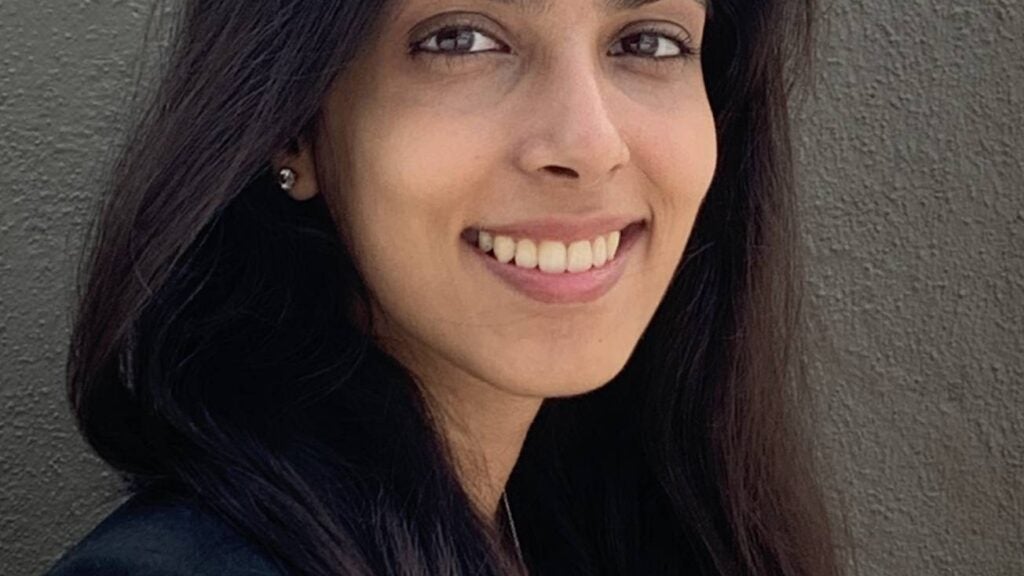Summer Competition Engages Georgetown Students in COVID-19 Research

Georgetown University in Qatar has announced the winners of their Summer Research Competition, an initiative designed to promote research training and create new knowledge on issues surrounding COVID-19 for students during the summer holiday.
The competition invited all GU-Q students to produce a 3,000 to 4,000 word original research paper on a topic related to the pandemic under the mentorship of a faculty mentor. The top seven submissions were supported by competitive research stipends.
The dean of GU-Q, Dr. Ahmad Dallal, said: “This competition is an excellent illustration of how the GU-Q community can contribute to local knowledge production while training a generation of scholars capable of tackling the complex problems of our times.”
The first place winner of the competition was International Politics senior Adithi Sanjay. Her paper, “The Saffronization of Swadeshi in the COVID-19 Era: Modi’s Strategic Reimagination of Self-Reliance,” examines Indian Prime Minister Narendra Modi’s push for self-reliance during the pandemic, in the context of rising Hindu nationalist sentiment and the memory of India’s Independence Movement.
Working under the guidance of faculty member M. Reza Pirbhai while quarantined at home in Bangalore, India, Adithi applied critical discourse analysis to transcripts of all public speeches given by Prime Minister Modi between March and July 2020.
“I found that Prime Minister Modi reimagined Gandhian notions of self-reliance in an exclusivist manner during the pandemic, to push for a narrower sense of Hindu nationhood.” This is significant, she explains, because “the socio-cultural and religious fabric of Indian society is multidimensional, and it is important to understand the impact of a disruptive black swan event such as COVID-19 on the domestic political climate of the world’s largest democracy.”
The faculty committee overseeing the competition praised her work, saying: “This essay provides an incisive analysis of how actors manipulate an ideological tradition and cultural resources to realize their political goals.”
While the summer months are not typically used to launch major student research projects, explained Dr. Kai-Henrik Barth, Senior Assistant Dean for Research Support at GU-Q, the competition generated a lot of interest. “We expected a few students to sign up, but in the end, we had more than 20 applications. This competition was very successful in achieving its aim of promoting a vibrant student research culture, even in a time of global crisis.”
The faculty committee also honored two students who tied for second place: fourth year student Irene Promodh, for “The Politics of Good Samaritanism in a Pandemic: ‘Migrant’ and ‘Expat’ Churches in Doha,” under the mentorship of Professor Uday Chandra, and third year student Aleksandr Chirgun for “The economic impact of the COVID-19 pandemic on the Russian economy and its implications” under the mentorship of Professor Jack Rossbach.
The following students successfully submitted their papers and received research stipends:
Zainab Qazi, “How has COVID-19 Affected the Functioning of Disaster Relief NGOs: A Case Study of Médecins Sans Frontières and Its Operations.” Mentor: Professor Victoria Googasian
Fiza Shahzad, “Gendered Politics of the Virus: Comparing Intimate Partner Violence Rates in Brazil, China, and Turkey under COVID-19.” Mentor: Professor Uday Chandra
Khushboo Shah, “COVID-19 Pandemic: India, China and Health Diplomacy.” Mentor: Professor Uday Chandra
Taha Kaleem, “Lockdown Within a Lockdown: Counterinsurgency and COVID-19 in Indian Administered Kashmir.” Mentor: Professor Uday Chandra.